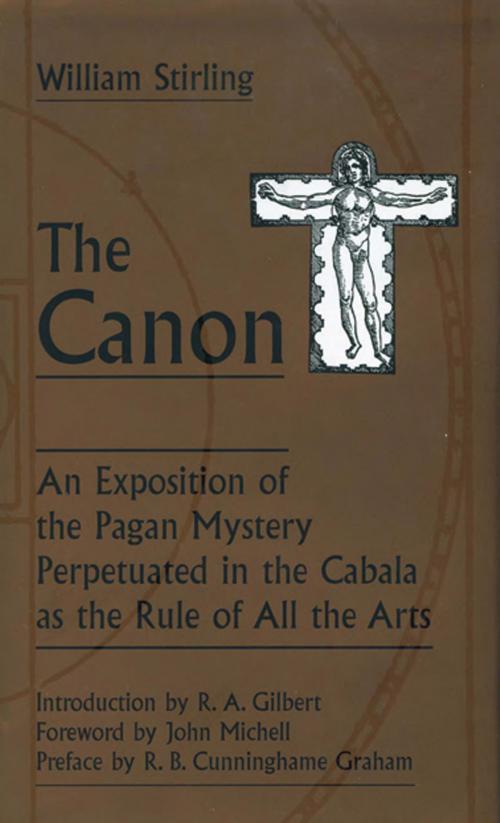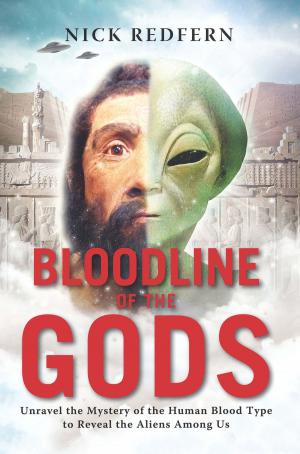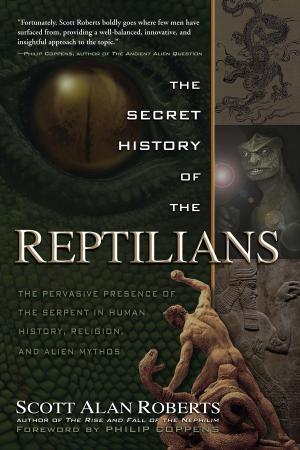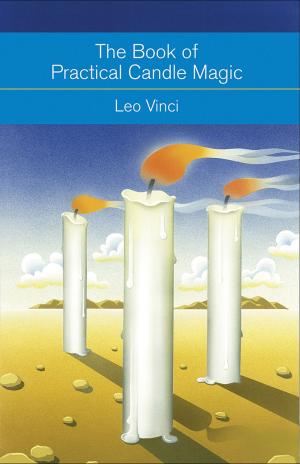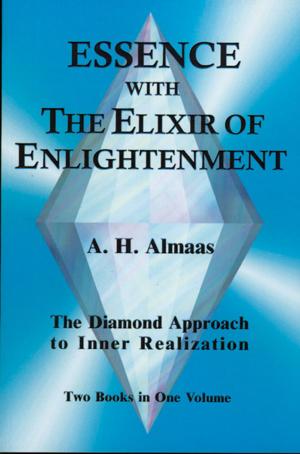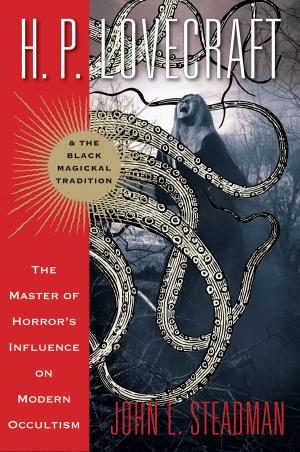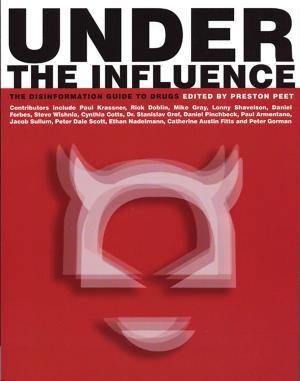The Canon
An Exposition of the Pagan Mystery Perpetuated in the Cabala As the Rule of All Arts
Nonfiction, Religion & Spirituality, Inspiration & Meditation, Mysticism, Judaism, Other Practices| Author: | William Stirling | ISBN: | 9781609258283 |
| Publisher: | Red Wheel Weiser | Publication: | November 1, 1999 |
| Imprint: | Weiser Books | Language: | English |
| Author: | William Stirling |
| ISBN: | 9781609258283 |
| Publisher: | Red Wheel Weiser |
| Publication: | November 1, 1999 |
| Imprint: | Weiser Books |
| Language: | English |
The Canon is the numerical interpretation of the Cosmic law and, since man is a microcosm of the universe, it is also the law of human nature. The history of all civilizations is the history of their interpretation of the Canon. Codified by ancient philosophers and guarded by priests in the temples, the Canon sanctified the society that possessed it, regulating its institutions in accordance with the laws of nature. Plato, writing in "The Laws of the Egyptian Canon, " claimed that by its use the high civilization of ancient Egypt had been preserved from deterioration for 10,000 years.
The Canon was instituted by the ancient theocracies as a standard in music, architecture and all other arts. Even after the decline of the old world order and of the canonical standard, knowledge of the Canon was preserved in the mystery schools of Greece and Alexandria, and in the tradition of masonic and other craft guilds.
One of the most revolutionary books of the late 19th century, The Canon owes its high reputation to the august literary style of its author, as well as to its remarkable contents. Its strong influence on modern mysticism was acknowledged by Aleister Crowley and F. Bligh Bond among others, and has long been a prized item in the library of the discerning mystic.
The Canon is the numerical interpretation of the Cosmic law and, since man is a microcosm of the universe, it is also the law of human nature. The history of all civilizations is the history of their interpretation of the Canon. Codified by ancient philosophers and guarded by priests in the temples, the Canon sanctified the society that possessed it, regulating its institutions in accordance with the laws of nature. Plato, writing in "The Laws of the Egyptian Canon, " claimed that by its use the high civilization of ancient Egypt had been preserved from deterioration for 10,000 years.
The Canon was instituted by the ancient theocracies as a standard in music, architecture and all other arts. Even after the decline of the old world order and of the canonical standard, knowledge of the Canon was preserved in the mystery schools of Greece and Alexandria, and in the tradition of masonic and other craft guilds.
One of the most revolutionary books of the late 19th century, The Canon owes its high reputation to the august literary style of its author, as well as to its remarkable contents. Its strong influence on modern mysticism was acknowledged by Aleister Crowley and F. Bligh Bond among others, and has long been a prized item in the library of the discerning mystic.
